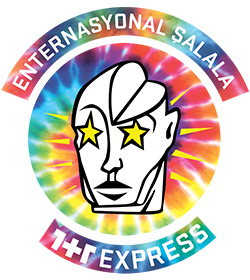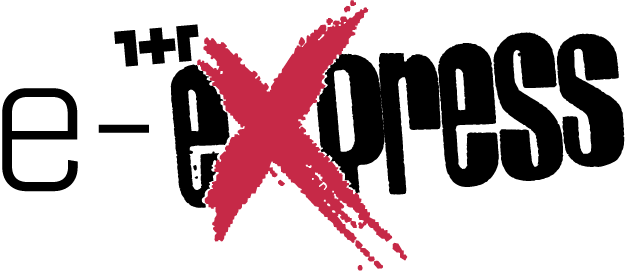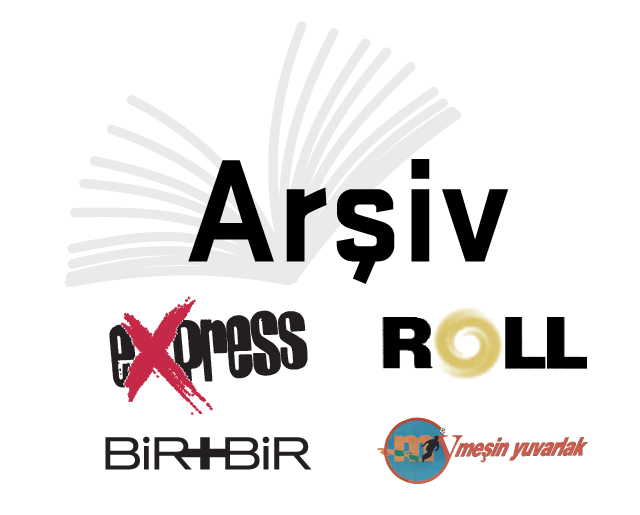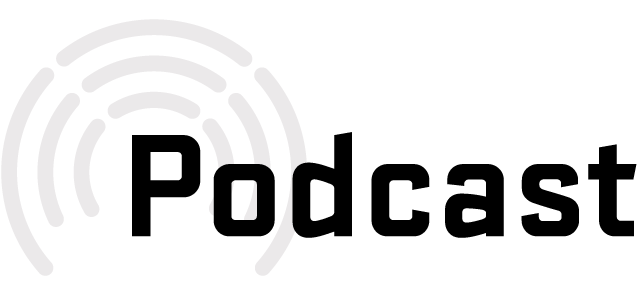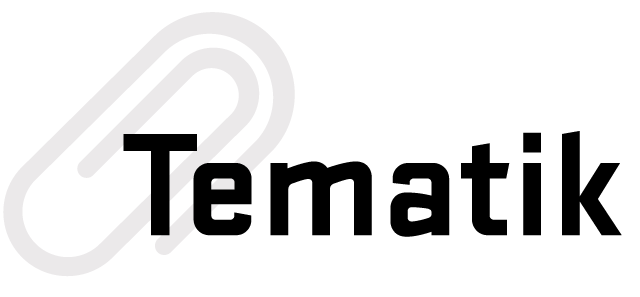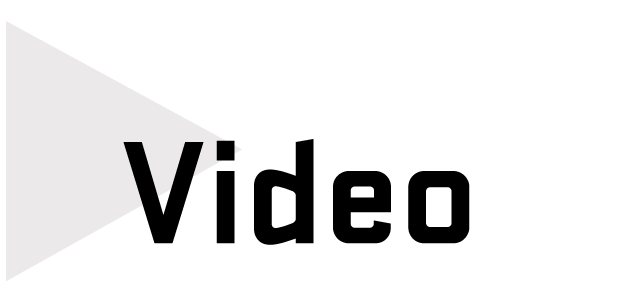Let’s begin with a few verses from a Turgut Uyar poem: “He all of a sudden realized / -this flower will blossom tomorrow / -a grand history will unfold / (…) / men–Hayri doesn’t know the word ‘workers’ yet– / they got the pipes up / (…) Hayri all of a sudden thought about a dolphin / one whose sweat is trapped in their own skin / one whose skin is a trap / (…) / the sky, the earth and the streets / they were all wide open / (…) say you are prepared for a journey / one says “this may as well be a journey to solitude” / let’s see if you can bear it / (…) / “these are childish things” / says one who is into the game of mace / “he will be beaten in any case” / (…) / I am used to being beaten by the mace but / all the same, I want the fig that pierces the rock, / the ship that overcomes the water!”
We are in the Aegean town of Soma where around two thousand people are battling occupational diseases caused by the coal mines, where tens of thousands of people are struggling to pay their debts to the banks, and where thousands more live with the fear of being laid off under the long shadow of the economic crisis. Now in the fifth year after the Soma mining disaster, the Independent Miners’ Union, which was established in June 2018, is trying to let Soma breathe in spite of the smoke coming out of the coal-fired power plant. The union president Tahir Çetin tells their story.
How did you become a mineworker? What were you doing for a living before entering the mine?
 Tahir Çetin: I became a mineworker in 2014. Before that, I was a farmer growing tobacco, doing animal husbandry. A while after the state imposed a quota on tobacco, I had to sell my goats. I wasn’t able to make any money off of them any longer. So, I entered the coal mine. I’m a mineworker since then. Mining is the only job I’ve ever had with a pension and public health insurance. My entire family comes from farming. I grew up as a farmer. We are locals of Kinik, one of the towns neighboring Soma. I live close to Soma, just like most of the mineworkers. There is no migration in my family. We’ve been trying to make a living on our own lands. Even now, I have ten animals. I grow olive trees. I can’t do tobacco or cotton anymore but I’m still close to soil.
Tahir Çetin: I became a mineworker in 2014. Before that, I was a farmer growing tobacco, doing animal husbandry. A while after the state imposed a quota on tobacco, I had to sell my goats. I wasn’t able to make any money off of them any longer. So, I entered the coal mine. I’m a mineworker since then. Mining is the only job I’ve ever had with a pension and public health insurance. My entire family comes from farming. I grew up as a farmer. We are locals of Kinik, one of the towns neighboring Soma. I live close to Soma, just like most of the mineworkers. There is no migration in my family. We’ve been trying to make a living on our own lands. Even now, I have ten animals. I grow olive trees. I can’t do tobacco or cotton anymore but I’m still close to soil.
Do your wife and children want you to quit your job?
No, they don’t. One can’t make a living off of agriculture. It’s better to have a monthly wage. We wouldn’t be able to afford our daily expenses with what we make off of agriculture.
Have you ever considered migrating to somewhere else?
Since May 13, 2014, we’ve become more and more politicized as most people of the province. We didn’t really think about the society before then. We had traditionally been a closed community for a long time. We used to get married only within our own community. We are Alevis of the Çepni tribe of the Oghuz Turkmens. Most of us live in the towns of Kinik and Savaştepe. We often keep our distance from the outsiders. That’s why we used to get married only within our community. We used to do everything under our own steam. So, there was really no one living outside the community, no businessmen among us… We didn’t know about the big cities like Istanbul or Izmir because no one from our community had migrated anywhere. But after the agricultural sector went down, our people started to think about or understand what it means to be a migrant.
When did you first become a union member?
When I first started to work as a mineworker, in my workplace, there was only the Mine Workers’ Union of Turkey [MWUT / Türk Maden-İş], operating under the Confederation of Turkish Trade Unions [CTTU / Türkiye İşçi Sendikaları Konfederasyonu–Türk-İş]. But they never put what they said into practice. They said “if you want to get an extra daily wage, become a member of the union.” Before this, we didn’t even know what a union was. We became members for that daily wage.
They said “if you want to get an extra daily wage, become a member of the union.” Before this, we didn’t even know what a union was. We became members for that daily wage. Then we saw how the Mine Workers’ Union is run entirely by the employers and the state. That’s why we said “the union is the murderer of 301 people, they all should resign!”
Were you satisfied with union representation?
A collective bargaining agreement was signed prior to May 13, 2014, the date of the disaster. There was an engineer colleague under the ground with us. I was talking with him about what a collective agreement is, what it does. I was also doing my own humble research. He told me that there is not only one union and that I can become a member of another. I was surprised and asked how. He explained it to me. After I learned all of this, the disaster took place. Then we all saw how the Mine Workers’ Union of Turkey was run entirely by the employers and the state. That’s why we said “the union is the murderer of 301 people, they all should resign!”
Did they respond to this request?
Some miners hurled stones at the windows of the union’s building. But when some of them sniffed out money, they ran for office in the union. We told them that they have another option, that there is another union. Immediately after we realized we need to break free from the Mine Workers’ Union of Turkey, we started organizing within the Confederation of Progressive Trade Unions of Turkey [CPTU /Devrimci İşçi Sendikaları Konfederasyonu –DİSK]. But there was no action, no practice there that met their discourse.
How would you compare the CTTU (Confederation of Turkish Trade Unions) and CPTU (the Confederation of Progressive Trade Unions of Turkey)?
There is not one single positive thing I can say about CTTU. It is entirely pro-employer and pro-government. And CPTU is not what it used to be. It has a highly bureaucratized structure. They too act in accordance with what benefits their administrators. Is there a system within the CTTU that allows the workers to rule by and for themselves? No. The CPTU is also the same. Four years ago, we wanted to join a general assembly of CPTU, they tried to obstruct us from entering the venue. And what did we see inside? Sixty, seventy-year-old people who have left nothing to do with mining were voting. After this incident, we left Ankara and came back to Soma, and we decided to establish the Independent Miners’ Union where the workers would run the union themselves, make their own decisions and have the last word on all matters.
Did you decide to establish this new union at the mine workers’ assembly? How was the structure of that assembly?
We had an assembly of 15-20 people in Soma. We tried to negotiate about the working conditions with the mining companies through this assembly. Some of our friends were laid off because of this. Then, at Imbat Mining Company, where I work, a group of us went on strike for 68 days. We were trying to inform our friends and colleagues about how they can defend their rights and take what’s already theirs. But it was very hard in the absence of a real, active union. That’s how we decided to establish our own union.
We decided to establish the Independent Miners’ Union where the workers would run the union themselves, make their own decisions and have the last word on all matters.
How many people were involved in this decision?
We were twenty at that moment. We decided that each one of us should form their own committee at their own workplace, and start organizing from there. We tried to strengthen our existing assembly. A lot has happened after the disaster. The entire left came to Soma. They all told us about how to fight for our rights, then they left. After all that, people try to corner us with the questions “Why do the people of Soma vote for the ruling party, the AKP? What have they done to stop people from voting for AKP?” Charity and monetary aid do not not politicize people.
They came, they did their charity, they visited the graveyards, and left. Can this politicize a community? The other day someone came up to me and said: “You’ve been herded by others towards establishing the Independent Miners’ Union.” Have you ever supported my organizing efforts? No. Where were you when I was beaten up at the general assembly of the CPTU? Where were you when we were fighting their monkey business? I feel embarrassed for people who say such things. They just think about themselves, their own interest. They have only one point of view and they can’t look at things from another angle. They have no interest in dealing with the real problems of life.
People ask us why the people of Soma vote for the ruling party and not for the opposition. The Independent Miners’ Union can end up the pro-government stand in Soma. That’s if we manage to establish a system in which the workers rule themselves and make their own decisions with an independent control mechanism. Only then the union can serve the people and the people only.
Are the people who were part of the mine workers’ assembly also the people who established the union?
Some members of the assembly left because they felt like no one was backing us. We are not connected to or depend on any confederation, union, or state or private institution. Our head office is in Soma, our administration consists entirely of mine workers. We are ready to proceed with friends and colleagues who comply with our principles. Unfortunately, because their wages are about four thousand liras, and because they have debts, and because they have no option but to work in the mines, most of them say, “If they lay me off, I can’t take care of myself or my family”. So, it is crucial that we come to a point where we can say “if you are laid off the Independent Miners’ Union will take care of you.” Our power comes from our wages, we have no other financial support. That’s why, as of now, we have only twenty members.[1]
“How will things change? What should we do?” they ask. There are one thousand and five hundred workers in the coal mine I work. We all have loan debts. I would say each worker has at least fifty- thousand liras of debt. A tiny nudge can ruin a worker’s life.
How do you plan on increasing the membership?
Mine workers gained only a 0,3 percent raise with the most recent collective bargaining agreement signed by the CTTU. They’ve begun to realize that the price increases on everything they need for survival, are gradually destroying them. “How will things change? What should we do?” they ask. There are one thousand and five hundred workers in the coal mine I work. We all have loan debts, we pay rent. Most of us have taken housing, car or customer loans. I would say each worker has at least fifty thousand liras of debt. A tiny nudge can ruin a worker’s life.
So, you are saying they are not in a position to make move, and they are also in the dark about how to move?
They walk a tightrope right now. “Raising our voices wouldn’t do us any good,” they think. They think they should keep their balance. No one thinks about for how long the employers and the state will be able to maintain workers’ lives like this. For now, they keep going with the small, temporary remedies thrown at them by the employers and the state. They don’t see the truth behind it all.
Does the union have professional organizers? How would you describe your relationship with them?
We have Başaran Aksu, the organizing coordinator of the Union of Hope [Umut-Sen] and Kâmil Kartal, the former president of the Union of the Workers of Electricity, Gas, Water and Dams [Enerji-Sen]. He is an experienced union organizer who was active in the Underground Mine Workers’ Union [Yeraltı Maden-İş] prior to the September 12, 1980 military coup. They will be giving us training on union organizing.
According to a research conducted among metal workers, the majority is against the involvement of politics into union organizing. What do the mineworkers of Soma think about the subject?
Some days one can’t even open the window because of the coal-fired power plants in Soma. You can’t imagine the ash rains. We must talk about our rights. People are not against what we do. They want “someone” to do something. “Someone should get it started, and only then I can see if it’ll worth my efforts,” they think. That “someone” is our union. If they see that our union works, they will come to us and say “if you can’t do it, we will do it.” And this will surely be good thing.
As one works in the coal mine, he inhales dust into his lungs. Hearing and vision disorders begin. I’m not even mentioning losses of fingers and limbs. After our yearly check-ups, the company shows the door to those whose health has worsened.
What kind of health problems do workers of Soma experience? What do the companies do about them?
As one works in the coal mine, he inhales dust into his lungs. Hearing and vision disorders begin. I’m not even mentioning losses of fingers and limbs. The accumulation of dust in the lungs deteriorates breathing. After our yearly check-ups, the company shows the door to those whose health has worsened. They hand them over a report that says “this person can’t be employed in heavy industries.” Why do our lungs fail? Because we work in the mines. Companies should be obliged to everything that can be done for our treatment. I have lung problems too. I often feel arm numbness. Vibration exposure from regular work with drill operators cause nerve compressions. There are around two thousand people in Soma who have lung diseases, hearing and vision disorders. There are also many people with amputated arms and fingers. I served the mining industry for fifteen years. Our pensions don’t exceed 1400 liras. It is a heavy industry and we should be treated like policemen and gendarmeries, but they’ve abandoned us to the private sector.
What are the differences between the conditions of the mineworkers in the private sector and the mineworkers who work in the open-pit mine of the General Directorate of Turkish Coal?
Their conditions are as different as chalk and cheese. They work in an open-pit mine but their wages are higher than ours. They get premiums every three months. When they retire, their pensions are around three thousand liras. Ours is around one thousand and four hundred. And they don’t even go underground. Theirs is an open-pit mine.
Do you take monthly union dues from your members?
We will do that once we sign a collective bargaining agreement. Right now, the Mine Workers’ Union monthly takes 80 percent of one daily wage. We will take fifty percent of one daily wage. We are debating this among ourselves. We will not use the unions dues paid by workers to buy luxury cars for administrators like they do in the Mine Workers’ Union. We will spend them for ourselves as the workers see fit. We can use some of it to give scholarships to the children of mineworkers, for example. We can cover the grocery expenses of a mineworker’s family, if they are in need. We will make these decisions all together.
Translated by E. İrem Az
